What Dictates Your Story?
When was the last time you picked up a motivational book or attended a conference in the hope that the person delivering their story would inspire you and provide answers on how to live your life differently? Or in the hope that you will be able to take their life lessons and apply them to your own?
Here’s the thing…
Whilst inspiration is important, we often overlook the importance and enormous value that self-inspiration brings.
The answer to the question on how to live your life lies in your story. Not somebody else’s.
I know from my own experience as a presenter, that unless I am truly inspired and driven to action by my own story and experiences, I cannot possibly inspire my audience to take action.
I get inspired by truly believing in what I present. I also believe in the value of my own story from my own life experiences.
My story helped me understand what was missing most in my life, and what has today contributed to the driving force for my future actions.
I was brought up in communist Poland, where the shelves were literally empty in every store, and each time there was a delivery of goods – usually one single product, people queued for hours to get it.
I remember my brother and I taking turns to line up in a grocery store while our Mum was cooking dinner, waiting for Dad to come home from work so he could relieve us from the line.
When it was finally our turn in line, we had no choice of what or how much to buy. Each family was supplied with vouchers and rationed amounts of food that we could purchase. There wasn’t unlimited amounts of whatever we wanted or needed, even though we had the money. People had to buy what was there, rather than what was needed.
Aside from numerous problems in societal dynamics, customer service and the lack of productivity, this system created an enormous need for many people in the country to value anything external to themselves.
Despite the fact that in Poland today there is an endless supply of produce from all around the world, my parents still stock up their fridge, pantry and wardrobe with excess amounts of products. To this day it’s still normal meal time conversation of “whether we had enough”. That need will always be present for my parents, and many others, in Poland.
It has taken me a long time to understand where the need to possess in excess was coming from, and why I had placed so much emphasis on external items and products to make me happy.
Now having the awareness of what our basic needs are allows us to decide:
a) Is my current need justified right now, and do I need to fulfil it to be happy? and
b) What other more important need is this need distracting me from achieving?
So what? You might ask..
We all have unfulfilled needs, which we go about our lives striving to fulfil, right?
Whilst certain (growth) needs inspire us to be the best we can be, help us contribute to the world, give to others and simply do amazing things, other, (basic) needs may stop us and block us from progress.
The first step is to identify whether it is a growth or a basic need, which drives our action. The former will expand our life and provide true fulfilment and growth, the latter will provide only temporary satisfaction.
Having an awareness of where our needs come from helps us control our urges to fulfil them and decide on what actions to undertake to make a meaningful difference to our own and others’ life.
Action point
1. For more information on your ‘needs’ and how to live a more empowered and successful life, check out the online module Self-Understanding here.
2. Alternatively, sign up to a FREE half hour (over phone or Skype) coaching session with me to reconnect with your story.
What Else can you do?
Think of your own history and the events that you remember which shaped you and your life, whether they were positive or challenging, and answer the following questions:
- What needs have you strived to fulfill as a result of the events in your life?
- What have you learnt from your story?
- How did you become stronger and more resilient?
I look forward to hearing your story, comments and questions.
